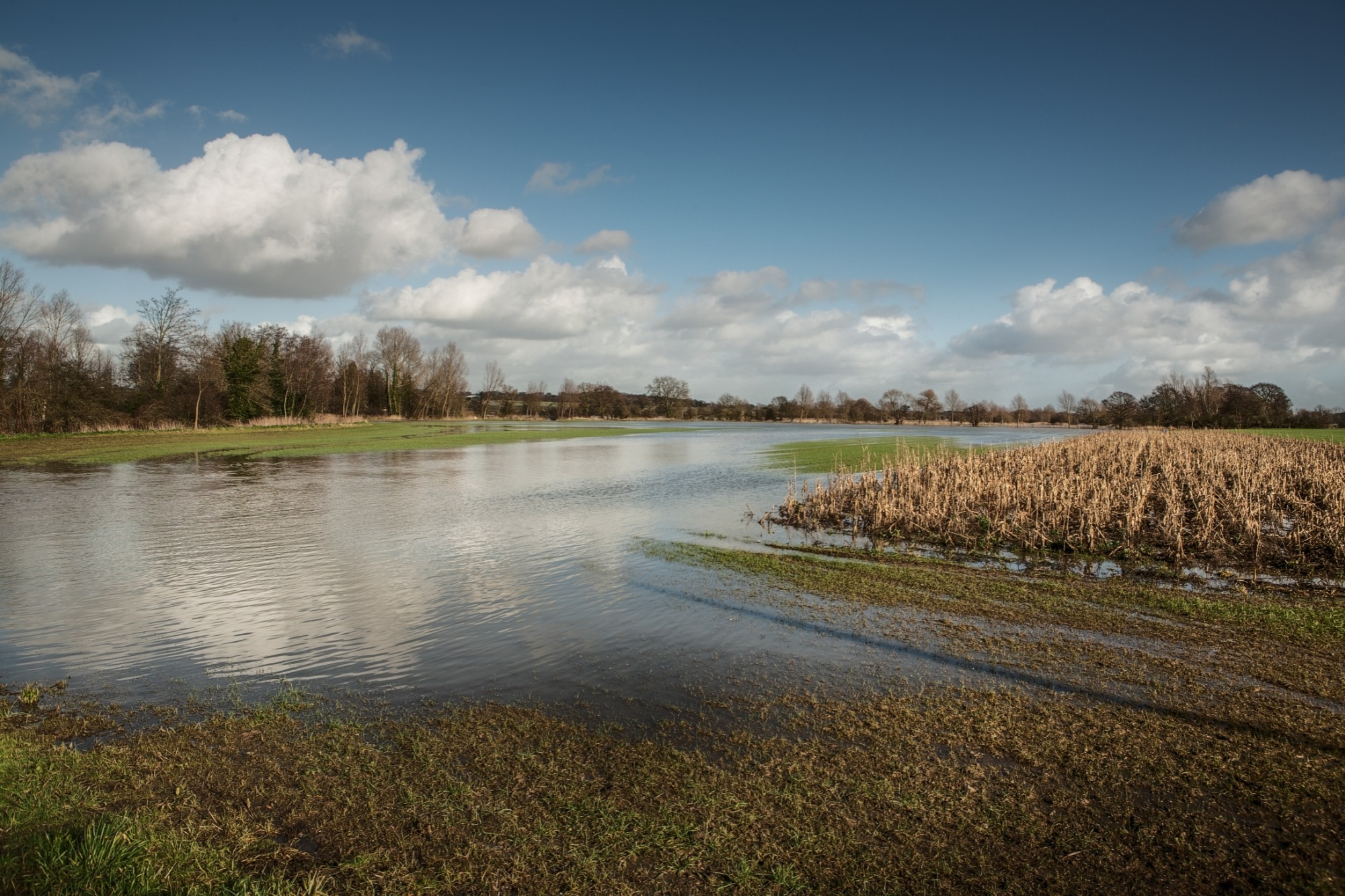

Following this summer’s devastating floods in the United States, European Union, and a “monsoon on steroids” that left one-third of Pakistan under water, it is becoming increasingly clear that rising floodwaters are a dangerous part of our future with continued climate change. The collateral damage doesn’t go away when the flood waters recede. There is emotional trauma and post traumatic stress disorder, expensive material loss, and a study published today in the journal Proceedings of the National Academy of Sciences (PNAS) is taking a closer look at the affects of all this excess water on food insecurity.
The authors examined more than a dozen countries across western, eastern, and southern Africa and found that flooding can affect food security for over 5.6 million people across the continent.
[Related: How climate change fed Pakistan’s devastating floods.]
“Our findings show that floods can impact food security both immediately and in the months after the flood event,” Connor Reed, a former New York University Center for Data Science graduate student and lead author on the study, said in a press release. “In many flood events we assessed, there were substantial damages to infrastructure, croplands, and livestock, which compromised food production and access, as well as water resources and sanitation also critical to food security.”
Between 2009-2020, the researchers studied how key flood characteristics, including location, duration, and extent, influence the Integrated Food Security Phase Classification (IPC) scale. This is a food insecurity metric used by USAID’s Famine Early Warning System. It measures the severity of food insecurity using a five-point scale, ranging from minimal food security (IPC 1) up to famine (IPC 5). Approximately 12 percent of those who experienced food insecurity were affected by flooding’s devastating impacts over the 2009 to 2020 timeframe included in the study.
However, there were some beneficial impacts that remedied food insecurity, depending on the time period and regional scale.
“Our results suggest that floods can have opposing effects on food security at different spatial scales, particularly at time periods after they occur,” study co-author Weston Anderson, a research scientist at NASA Goddard Space Flight Center and the University of Maryland’s Earth System Science Interdisciplinary Center, said in a press release. “In a given year, excess precipitation may immediately lead to floods that destroy crops in a localized area while also being associated with beneficial growing conditions that boost crop production on the country-scale.”
However, the team cautions that any positive impacts from flooding are not guaranteed to be felt by all. These beneficial findings instead make a case for improved data collection on flood and food security to better aid both climate adaptation planning and disaster response.
[Related: Why we’re going to see a rapid rise in sunny day floods.]
“What we highlight in particular is that flooding has important but complicated impacts on food security at different times and spatial scales,” Sonali Shukla McDermid, an associate professor in NYU’s Department of Environmental Studies, said in a press release. “This is however largely understudied globally, and therefore not well understood. Improving knowledge of where, when, and to what extent floods affect food security is crucial, especially for decision-makers across flood-prone rural areas that contribute to regional and global food supplies.”
The study also found that food security is affected in highly localized and varying ways, instead of more uniformly across countries. The team says this is evidence that the relationship between flooding and food security is not due to dynamics that vary by individual country, such as, changes in food prices, but instead to, “context-specific impacts on food production.” This kind of impact includes, subsistence crop loss, destruction of infrastructure creating difficulty in accessing food, and sanitation deficiencies that lead to water-borne illness.
“Understanding flood impacts on food security is of growing importance for the humanitarian community,” co-author Andrew Kruczkiewicz of the International Research Institute for Climate and Society at Columbia University said in a press release. “With the outputs of this study, the humanitarian community is in a better position to decide what actions, including anticipatory, preparedness and response, to prioritize—or deprioritize—in the areas we studied.”